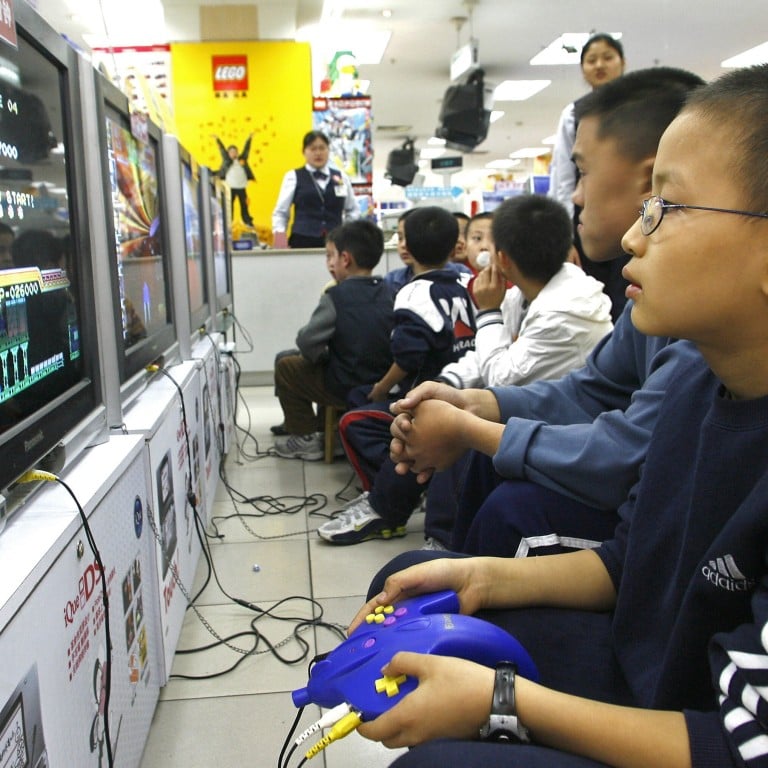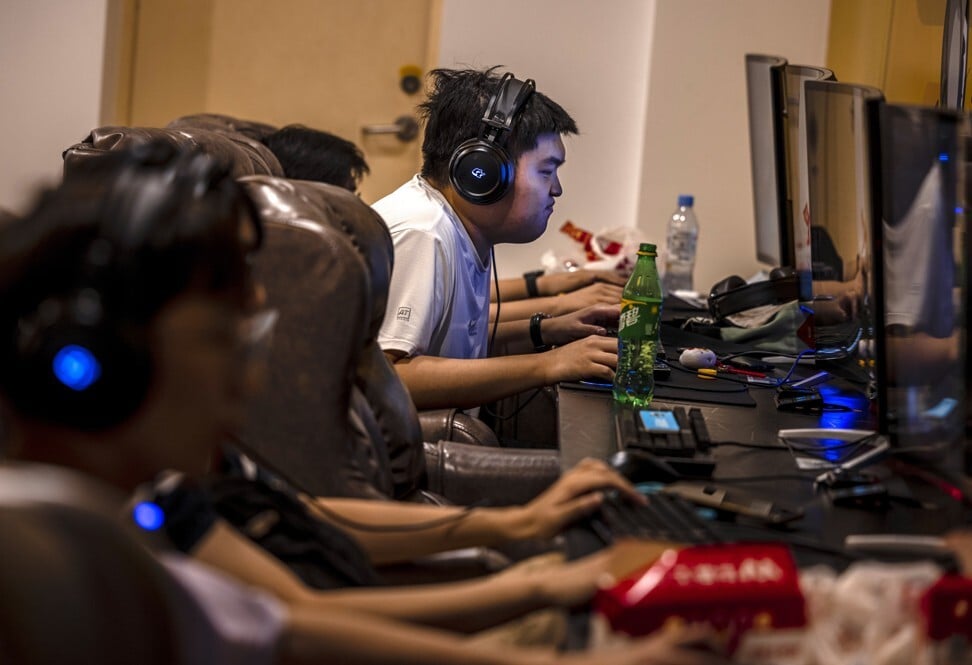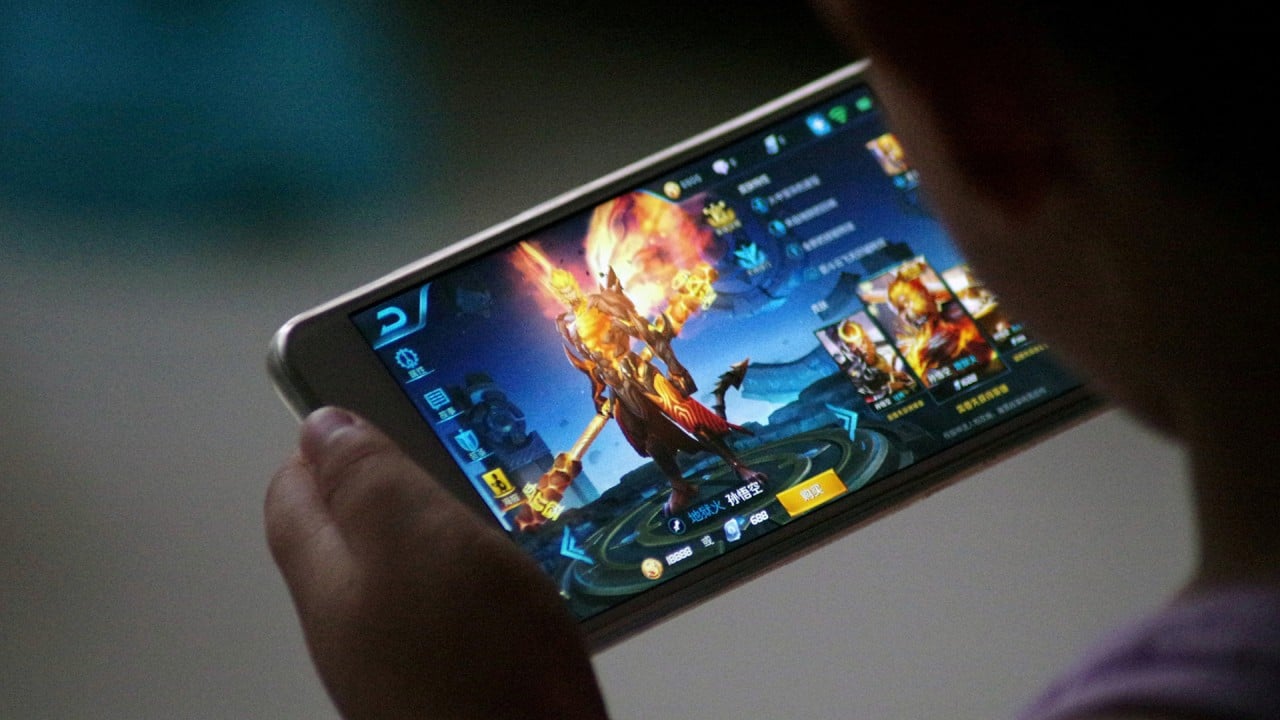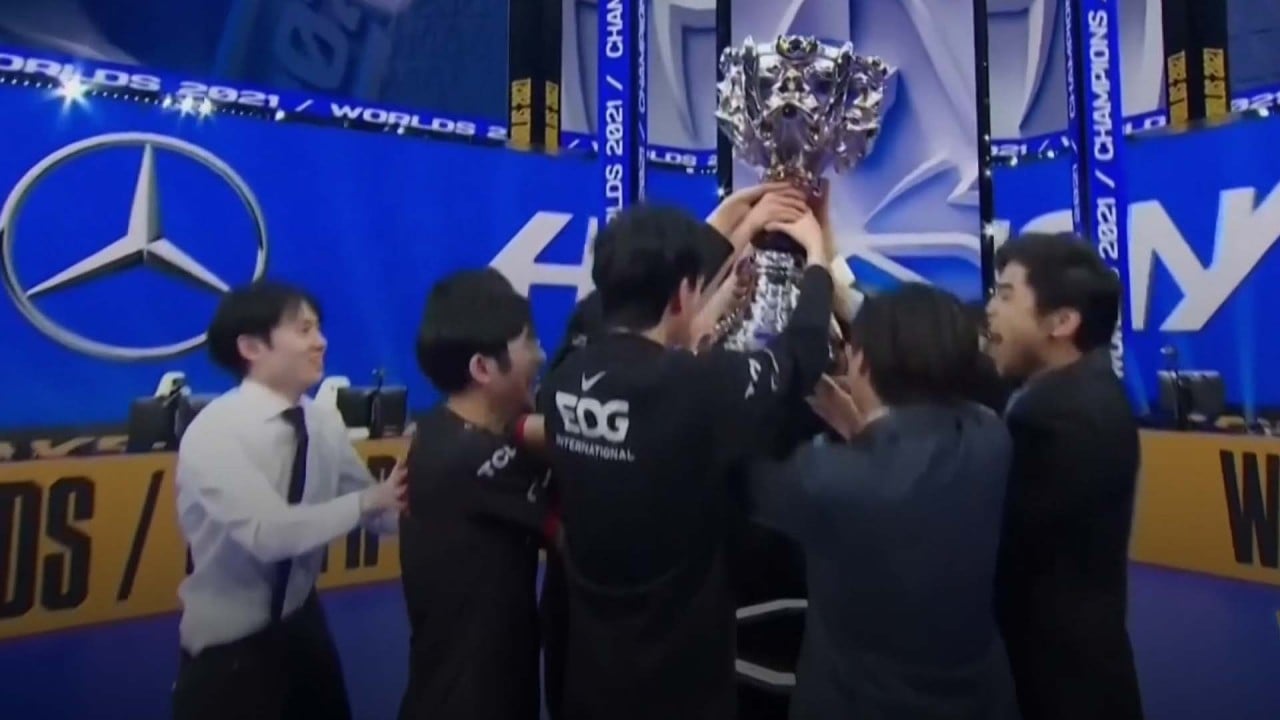
Explainer | China vs video games: why Beijing stopped short of a gaming ban, keeping Tencent and NetEase growing amid crackdown
- Since a deadly internet cafe arson incident in the early 2000s, video games have been regarded as yet another “spiritual opium” imported from the West
- Despite console bans, censorship, and continued restrictions for minors, China’s video game industry has become enormously successful and influential
Video games have simply become more important to China’s economy, despite long-standing hostility from Beijing regulators. Some of that antagonism was in response to distrust from parents in the early 2000s, but there is also a more deep-seated wariness of the medium.
China limits gaming time for under-18s to one hour a day on weekends only
Here is a look at where that hostility comes from, how it led to China’s current video gaming restrictions, and what it means for the industry going forward in the world’s second-largest economy.
What does China have against video games?
The Chinese government’s antipathy towards video games goes back to that term used by state media in August: spiritual opium.
The term has a long history in China, and has traditionally been used when railing against foreign cultural products. In 1961, Communist Party mouthpiece People’s Daily published an article referring to American books and films as spiritual opium, calling it “ideological poisoning” worse than literal drugs.
Concerns about video games started to take hold in the early 2000s. Worries about the impact of online games came hand in hand with fears of internet addiction, which Marcella Szablewicz, a researcher of Chinese video game culture, said in her book Mapping Digital Game Culture in China had many of the hallmarks of a moral panic. This included stereotypical depictions in news media and “moral entrepreneurs” trying to capitalise on public fear.

Beijing would rather kids spend more time on sports and studying. But video games have also gained more legitimacy since the early 2000s, as a new form of expression, art and, perhaps most importantly to authorities, business.
How does China restrict video games?
The Chinese government has imposed various restrictions on the industry for years, and they are known as some of the harshest in the world.
Middle-aged Honour of Kings player baffles Tencent
The 2019 regulations also introduced spending limits for children, which have remained unchanged. Players between the ages of 8 and 16 can spend up to 200 yuan per month in a game and those between 16 and 18 years old can spend up to 400 yuan.

01:09
China reportedly slows down online game approvals as crackdown on video game addiction continues
Is China influencing video game culture?
Despite routine video game crackdowns, Chinese authorities have signalled that they realise the potential of the medium to promote the country’s Chinese culture and contribute to economic growth.
This level of economic clout in the industry comes with influence, for both game developers and the Chinese government.
Early efforts at producing propaganda through the medium became known as “red online games”, which were titles that promoted Communist Party history and patriotism, such a series called Resist Japan Online that focuses on fighting Japanese occupation during World War II. These games had little success compared with the much more popular historical drama genre.
Video game industry revenue in China, 2008 to 2020
| Year | Revenue (billions of yuan) |
|---|---|
| 2008 | 18.56 |
| 2009 | 26.28 |
| 2010 | 33.3 |
| 2011 | 44.61 |
| 2012 | 60.28 |
| 2013 | 83.17 |
| 2014 | 114.48 |
| 2015 | 140.7 |
| 2016 | 165.57 |
| 2017 | 203.61 |
| 2018 | 214.44 |
| 2019 | 230.88 |
| 2020 | 278.69 |
Source: Game Publishing Committee of the China Audio-video and Digital Publishing Association
Industry growth in China has largely been aided by the rise of smartphones and mobile gaming.
Companies like Tencent and NetEase have become some of the best mobile game developers in the world, making many hit games based on foreign intellectual property. NetEase’s Harry Potter: Magic Awakened has recently become a huge, lucrative hit, pulling in US$22.7 million in its first week in September and sending the Chinese developer’s shares soaring throughout October.

As these companies have grown, they have also sought stakes in other gaming companies, both large and small. Tencent has been very aggressive in this approach, taking stakes in everything from the smallest start-ups to gaming giant Activision Blizzard. It took a 49 per cent stake in Fortnite developer Epic Games and acquired League of Legends developer Riot Games. This has helped make Tencent the largest video games company in the world by revenue.
Some of China’s biggest video games are still based on overseas properties. Honour of Kings, the most lucrative video game in the world, was famously influenced by the popularity of League of Legends. Honour of Kings, however, draws from Chinese mythology and legends, and the overseas version titled Arena of Valor has found limited success.
Tencent’s biggest hit overseas is PUBG Mobile, and that remains another big revenue generator. It has also seen increasing success with Call of Duty: Mobile.
Elon Musk tweets he ‘can’t wait’ to be in Genshin Impact
As China’s gaming industry has come under the global spotlight, more controversies have arisen over censorship.
No regrets, says esports player banned for Hong Kong protest slogan
Will the crackdown affect China’s esports ambitions?
Chinese authorities have still not publicly discussed how they plan to address this issue, but experts say there are ways to work around the restrictions rather than let the industry wither. There could be exceptions carved out for certain players training for tournaments, for example, or for school esports programmes.

02:10
Chinese esports team wins League of Legends world championship amid Beijing’s gaming clampdown
Also, while the time restrictions apply to all types of video games, not all games are created equal in the eyes of authorities. Two super genres of games have emerged in China based in part on government preferences: danji and wangluo.
Danji means single device, but the term is used for any game that does not need an internet connection (these titles can still be played with other people online). Wangluo means internet games, or those that require a server to be played such as massively multiplayer online role-playing games like World of Warcraft.
The main difference where the government is concerned is that wangluo games are considered addictive while danji games are considered athletic, according to Szablewicz, a distinction that aligns with China’s esports ambitions but that does not appear as relevant in the mobile age. The Chinese government officially labelled dianzi jingji, or esports, as the country’s 99th professional competitive sport in 2003.

